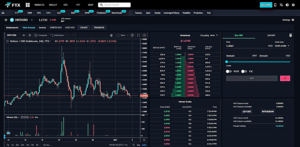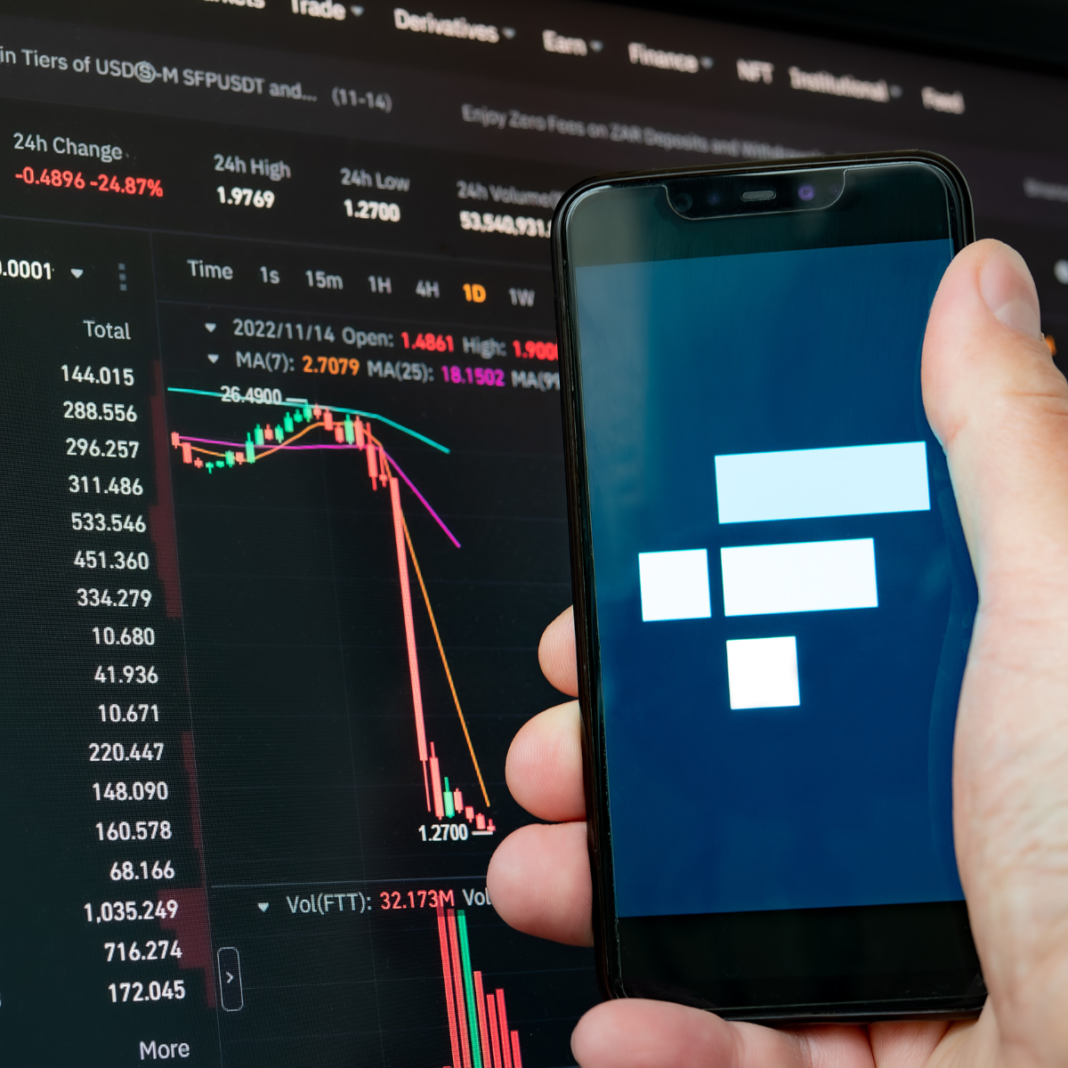Since November 2022, one of the biggest stories in the world of cryptocurrency has been that of FTX. Headquartered in the Bahamas, FTX was a cryptocurrency exchange. In layman’s terms, a cryptocurrency exchange’s a market where there are transactions of all digital currencies, including cryptocurrencies. It’s often called a digital currency exchange as well. The company’s genesis and fall came in just over three years – it was created in 2019, it peaked in 2021, and this year, it suffered a mighty crash.
Since the time the company’s problems began, the person in the eye of the storm has been, Sam Bankman-Fried. Bankman-Fried is one of the co-founders of the company and, has been a riches-to-rags story since the time he set up FTX right up to its collapse. This collapse has meant Bankman-Fried’s wealth, too, has been wiped out with him alongside the likes of those who’d been trading and investing on the platform.
But before we talk more about Bankman-Fried, let’s take a deeper look at FTX and the reasons for its collapse.

FTX and Alameda Research
FTX’s continuity and popularity in the cryptocurrency market as an exchange company would’ve surged without any consequences had it not been for an investigative report published in November.
The report, published on CoinDesk – a noted website primarily dealing with news on the domain of cryptocurrencies and other digital currencies, including bitcoin – mentioned how Alameda Research held a huge chunk of FTX’s native cryptocurrency token, the FTT.
One company having a significant amount of another company’s cryptocurrency token wouldn’t make for a newsworthy event. However, Alameda Research is a “hedge fund” corporation that was created and is owned by FTX’s owner, Bankman-Fried, back in 2017.
In other words, Alameda Research was using FTT – a token of its sister company – as collateral for signing away loans to external parties. On paper, it meant that money was flowing in and out of FTX and Alameda Research but, both companies were losing money as there was no accountability for the cash that was given away as loans, based on a cryptocurrency token.
In its report, CoinDesk pointed out that of the $14.6 billion that Alameda Research showed in its balance sheet as assets, over $5 billion were FTT, where $3.6 billion were unlocked FTT while $2.1 billion were held as collateral. The company’s liabilities are placed at around $8 billion, where around $7.4 billion account for its loans.
Things came to a head for FTX when after this news broke out, one of its biggest investors, a rival exchange firm by the name of Binance announced that it would be selling off the FTTs it held. Binance’s decision prompted a wave of similar such selling of FTTs which added to Bankman-Fried’s woes even as he grappled with the idea of raising $8 billion to set off the liabilities Alameda Research had incurred.
What’s next?
Market experts have been quite surprised at the turn of events even as they admit that this is the first time, they are seeing such negligence in matters of such financial import, regardless of the newness of the domain.
John Ray III, who’s a well-established figure in the US on the subject of bankruptcy pointed out, as quoted by the British news site, The Guardian, “Never in my career have I seen such a complete failure of corporate controls and such a complete absence of trustworthy financial information as occurred here.”
Meanwhile, the scope of FTX’s fall-out is only set to magnify in the days to come. Despite Bankman-Fried’s repeated insistence that this wasn’t premeditated but was an occurrence of genuine lackadaisicalness, fact remains that the incident exposed the vulnerability of the cryptocurrency market.
Where, in the conventional stock markets there are rules and regulations that companies, investors, and traders need to follow and comply with, the absence of similar norms in the nascent-yet-burgeoning cryptocurrency and digital currency sector has – for lack of a better term – come to haunt those who seek to widen their financial portfolio through it. In the long run, even as discretion crops up among those who are part of the cryptocurrency market now, FTX’s setback makes it imperative that the market’s regularised to ensure that not only no similar mishaps occur again but also that there is no untoward “first-time” problematic incident.



